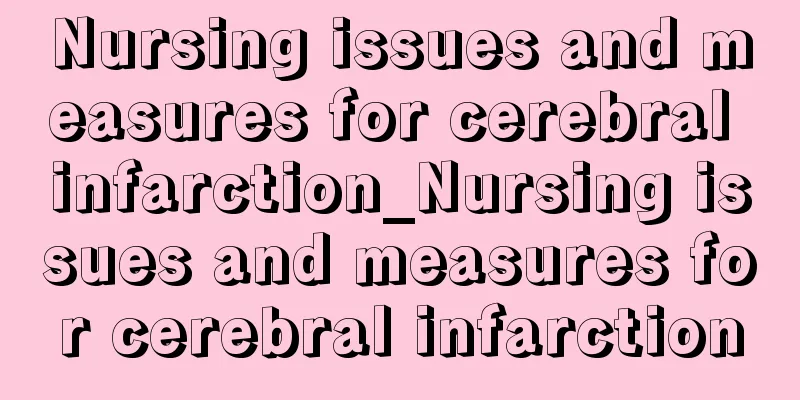What is urine sugar

|
Patients will not feel any direct symptoms of glycosuria after it occurs. They will only discover that they have this abnormal symptom when they go for a check-up. In the early stages, it will not affect the patient's life. Then, they need to go to the hospital for regular check-ups to measure whether their blood sugar shows any signs of increase. In terms of diet, they should also avoid eating foods that are high in sugar to avoid serious conditions. Whether glucose appears in the urine depends on three factors: ① Glucose concentration in arterial blood; ②The amount of plasma flowing through the glomerulus per second; ③The energy of proximal tubular epithelial cells to reabsorb glucose is the renal glucose threshold. The renal glucose threshold can change with changes in the glomerular filtration rate and tubular glucose reabsorption rate. When the glomerular filtration rate is low, the "renal glucose threshold" will increase, while when the tubular reabsorption decreases, the renal glucose threshold will decrease. 1. Hyperglycemia-related diabetes (1) Dietary diabetes is caused by consuming large amounts of sugar (>200g) in a short period of time. The diagnosis is confirmed by checking the morning fasting urine. (2) Persistent diabetes mellitus is a persistent positive test in the fasting urine in the early morning. It is common in diabetes caused by absolute or relative insulin deficiency. At this time, the fasting blood sugar level often exceeds the renal threshold, and the sugar excretion in the 24-hour urine is close to 100g or more. The total amount of urine sugar per day is parallel to the severity of the disease. If glomerular arteriosclerosis occurs, the glomerular filtration rate will decrease and the renal glucose threshold will increase. Although the blood sugar level is above normal at this time, the urine sugar will be negative. 2 hours after eating, the blood sugar level will increase due to the increased load and the urine sugar will be positive. For patients with this type of diabetes, it is necessary not only to check the fasting blood sugar and urine sugar quantification, but also to conduct further glucose tolerance test. (3) Other diseases: hyperglycemia. ① Hyperthyroidism: due to accelerated blood flow in the intestinal wall and faster absorption of sugar, blood sugar increases after meals and causes diabetes. ② Acromegaly can cause high blood sugar and diabetes due to excessive secretion of growth hormone. ③ Pheochromocytoma may cause excessive secretion of adrenaline and norepinephrine, which may increase the activity of phosphorylase, promote the degradation of liver glycogen into glucose, cause increased blood sugar and lead to diabetes. ④ Cushing's syndrome: due to increased cortisol secretion, glycogenolysis is stimulated, hexose phosphokinase is inhibited and the action of insulin is opposed, thus causing diabetes. (4) Transient diabetes, also known as stress diabetes, occurs in situations such as craniocerebral trauma, cerebrovascular accident, and emotional excitement. The brain center is stimulated, leading to the release of a large amount of adrenaline and glucagon, which can cause temporary hyperglycemia and diabetes. |
Recommend
What to do if silver jewelry turns black
In our daily life, many people prefer to wear som...
What are the auxiliary examination items for breast cancer
In the early stages of breast cancer, it does not...
Do you know the side effects of Ganoderma lucidum spore powder?
Although Ganoderma lucidum spore powder has many ...
How to remove pregnancy melanin?
Once pregnant, mothers become extremely excited, ...
What is the difference between fungi and bacteria?
We often hear about bacterial infection, fungal i...
The harm of nose bridge corrector
People think that if their nose bridge can be hig...
Why do my cervical lymph nodes suddenly swell?
Sudden swelling of cervical lymph nodes is genera...
What is the correct way to wear in-ear headphones
When it comes to how to wear headphones, many peo...
Which direction is best for sleeping in autumn and winter
This poem with the theme of sleep was written by ...
Treatment of herpes zoster and chickenpox
If you have shingles and chickenpox and do not re...
Early detection of intestinal tumors: regular check-ups are essential
Since intestinal tumors are a type of cancer with...
Choose between yellow and pink liquid foundation
When we buy liquid foundation, we will find that ...
How to eliminate lipoma
Lipoma is a relatively common type of benign tumo...
First-line targeted therapy for renal cancer
Kidney cancer, also known as renal cell carcinoma...
The fleshy buds on the head have these characteristics!
What we usually call granulation tissue actually ...









